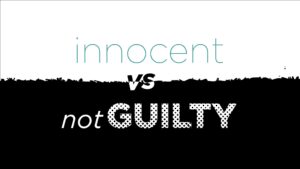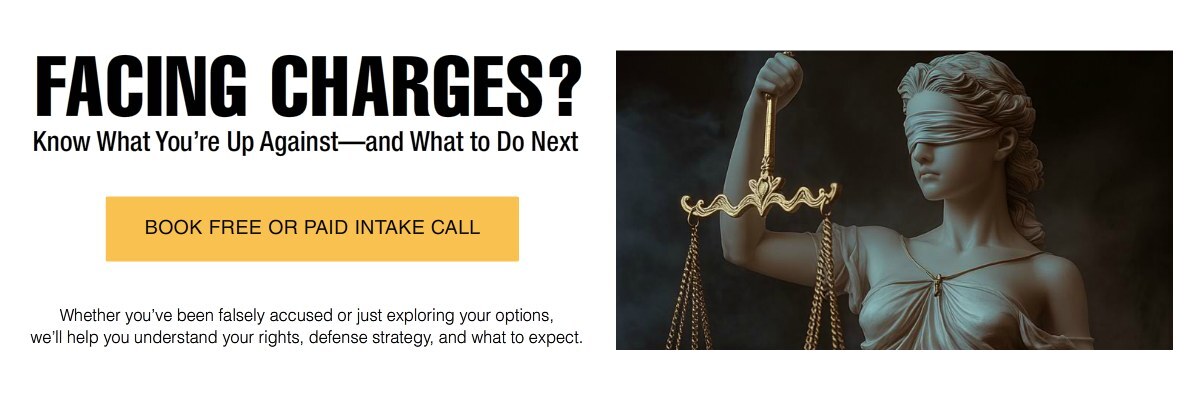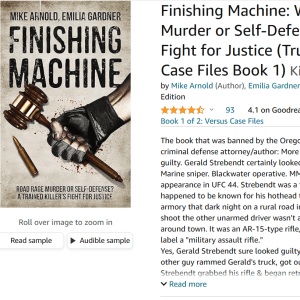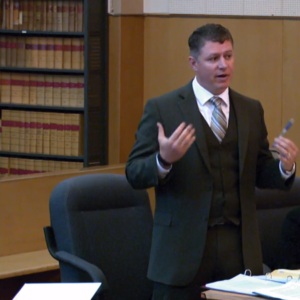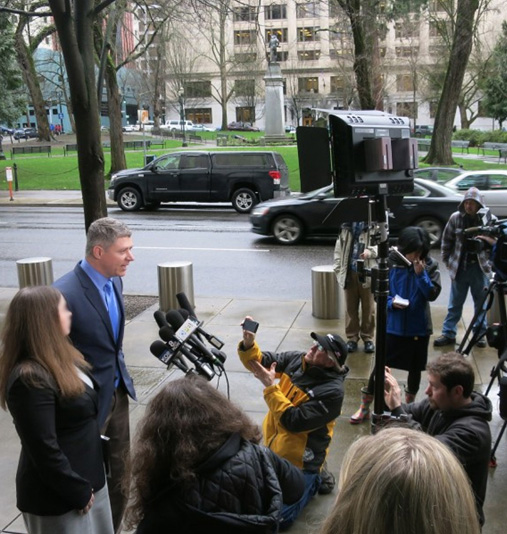Innocent vs Not Guilty
Monday, August 11th, 2025Innocent vs. Not Guilty Verdicts: What Juries (and Everyone Else) Should Understand
Watch Innocent vs. Not Guilty Verdict on YouTube (2 min)
When I talk to clients about their cases, I often bring up one of the most famous trials in history: the trial of Jesus Christ. Not because I’m comparing anyone to Christ, but because it shows the difference between being innocent and being falsely accused. It also highlights something that gets lost in the courtroom—and in society: no one is truly innocent.
Let’s be real. We’ve all messed up. We’ve hurt people, said the wrong thing, acted out of pride or anger. Some of us have done worse. And sometimes, the people we’ve wronged retaliate—not always fairly. A fight with a partner becomes a criminal accusation. A bad decision becomes a motive for someone to lie.
That’s the tricky part when you’re on trial. Yes, you may be innocent of the crime. But you’re not necessarily an innocent person. And juries need to understand that distinction. Because often, the prosecution paints the defendant as a monster—and when the jury sees bad behavior, they assume guilt.
But bad behavior isn’t a crime. And guilt beyond a reasonable doubt isn’t the same as being a bad spouse or a crappy friend.
This comes up all the time in overcharged cases. Let’s take Oregon’s Measure 11 crimes—mandatory minimum prison time. If someone is accused of Assault in the Second Degree, that could mean years behind bars. But what if the facts don’t match that charge? What if it was a push, not a weapon? What if there was no injury?
Now you’re facing prison for something that should’ve been a misdemeanor—something that, if charged properly, might’ve been resolved with probation or even dismissed later. But once you’re overcharged, your only choice is to fight. Because a plea could ruin your life just as much as a conviction.
That’s the difference between not guilty and innocent. You can be guilty of bad choices, guilty of being human. But that doesn’t mean you’re guilty of a felony—or that you should go to prison.
And that’s what we try to help juries understand. We don’t pretend our clients are saints. We just ask for the truth to matter more than the emotion. Because being “not guilty” isn’t about being perfect. It’s about being judged fairly.


























